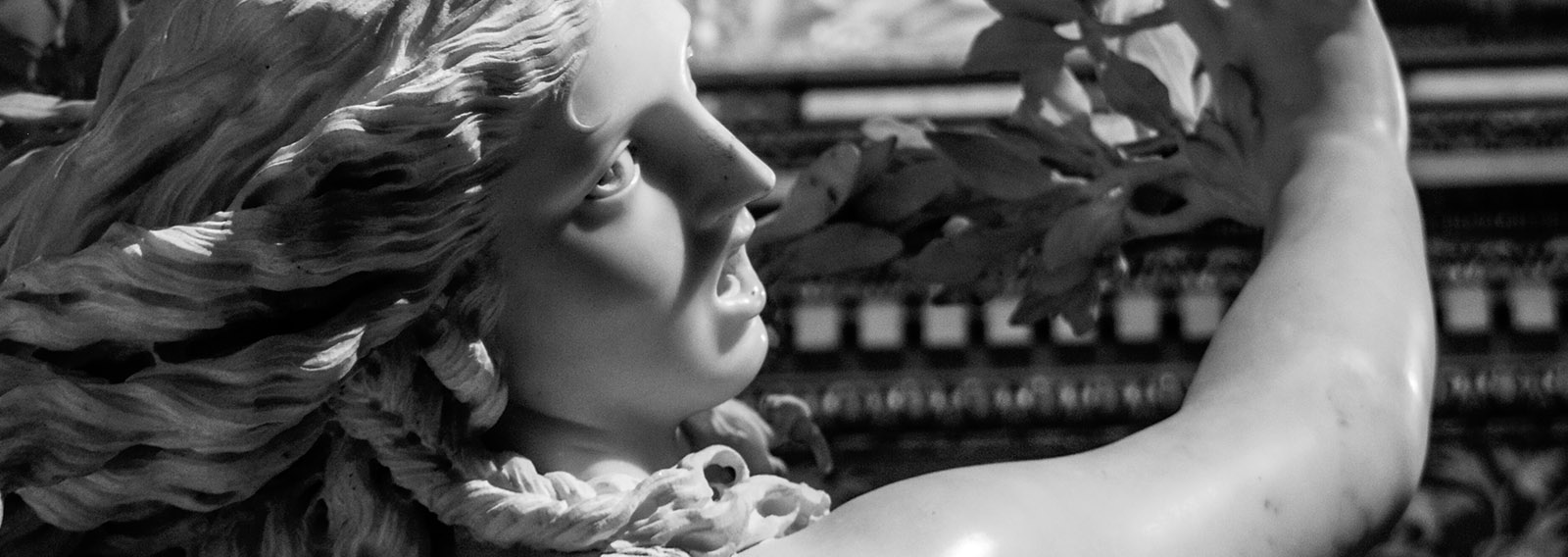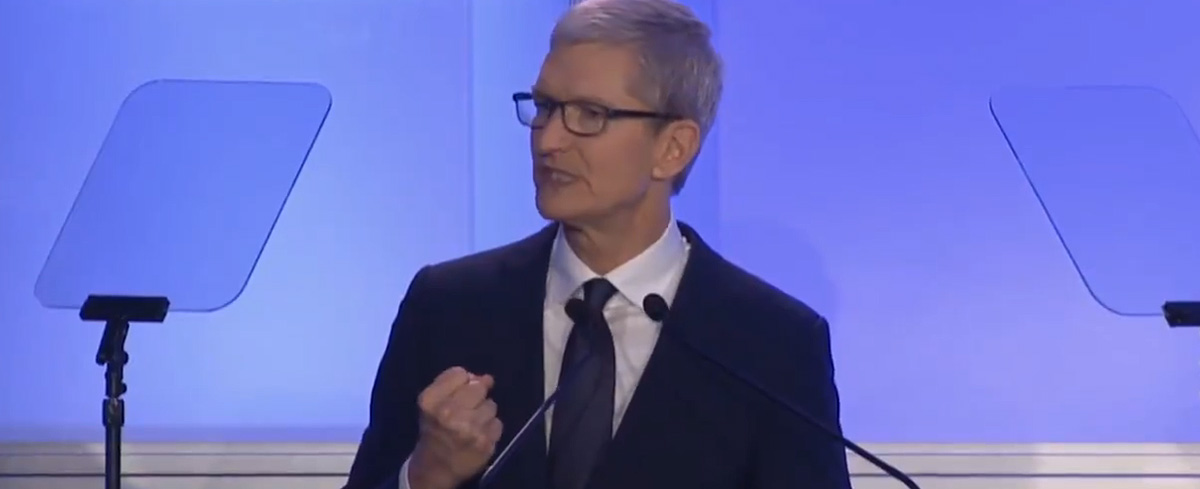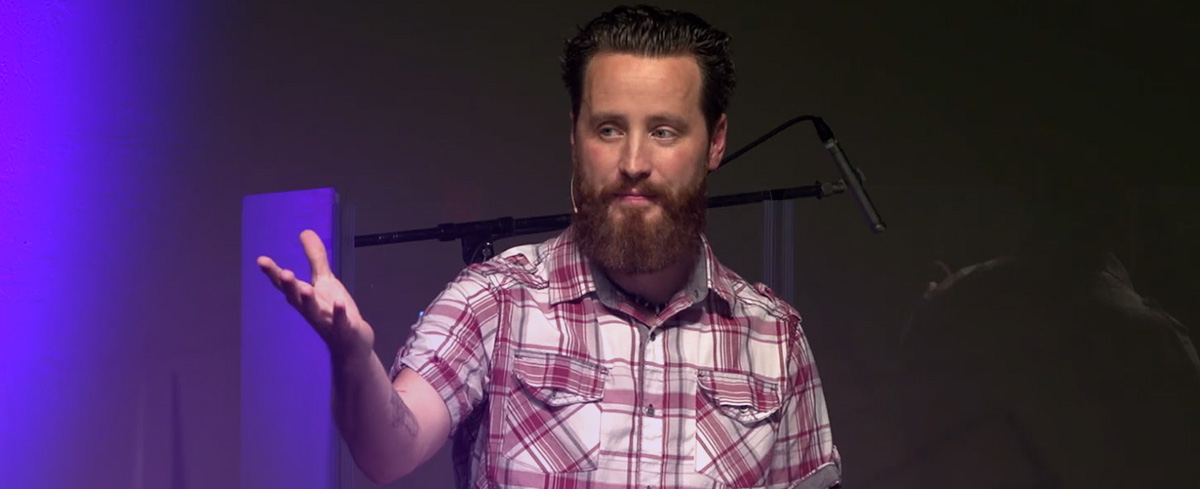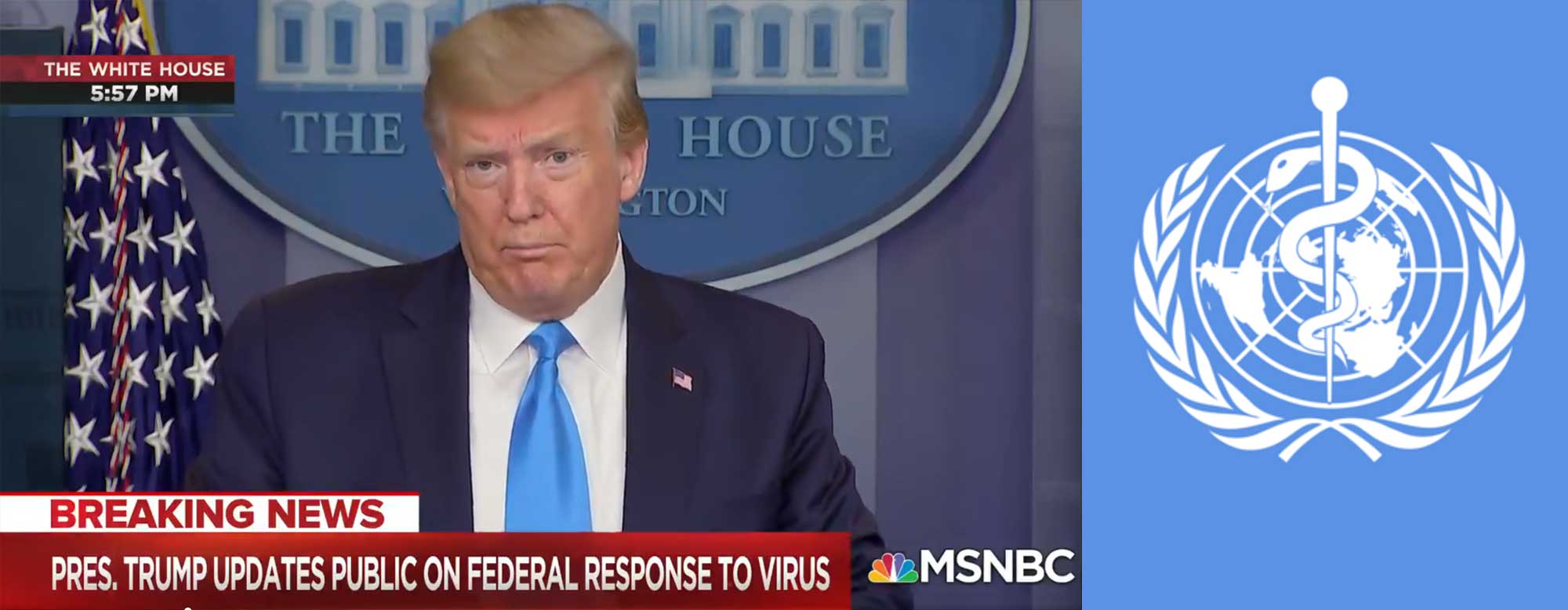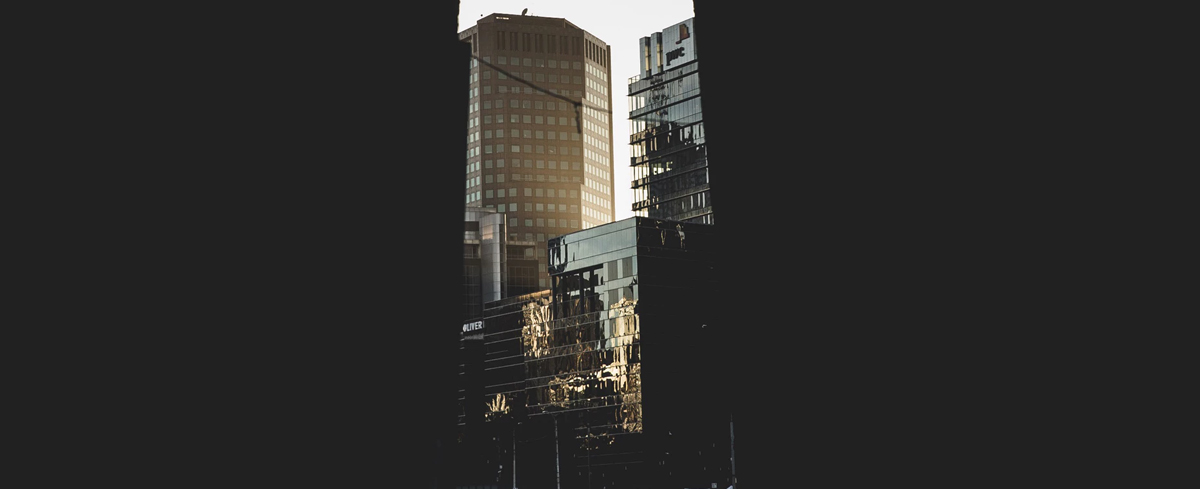Ideas have consequences. That’s especially true when those ideas attempt to reshape or replace the most fundamental aspects of our society, like how we discover truth, arbitrate justice, and define what’s morally good.
That is, we can’t shift or alter what George Washington described as the two “indispensable supports” to a nation’s wellbeing and future, namely Christianity and morality, without it having a significant impact on every aspect of society.
For Washington, when you topple the Christian religion, you topple national morality. And once you’ve toppled both, you’ve undermined the basis of justice. In so doing, you’ve handed unrestrained power to those striving for total dominance over our lives. The cost would be far-reaching devastation.
Similarly, William Wilberforce warned, “the loss of the church… would itself be attended with the most fatal consequences. No prudent man dares hastily pronounce how far its destruction might not greatly endanger our civil institutions.”
Have we not witnessed this already? For decades now, Western societies have been convinced that the Christian religion has no place restricting the power and reach of the government over the people.
Of course, it wasn’t sold as such. The systematic rejection of Christianity was marketed to the public under false pretenses, such as the promise of pluralism, moral freedom, and sexual liberation. But ideas have consequences, regardless of the intentions of the public in initially embracing those ideas.
For the large part, the Western world bought it, hook, line, sinker, and then some. They thought they were fighting for liberation from the restraints of the Christian religion when, in fact, they were only loosening the chains of would-be tyrants and wannabe dictators.
As Douglas Wilson aptly put it, “If you fight for the liberty to indulge vice, you are fighting for the kind of liberty that can be experienced in a six by eight prison cell.”
That is ultimately the sort of liberty, and the only sort of liberty, many in the Western world now consider worth fighting for. Consequences be damned, until one day, we arouse from our self-induced slumber to find that without God over government, the shackles that once restrained the state now restrain the people.
In sum, it’s this simple: We cannot reject Jesus as the highest authority over the nation without the government assuming that supreme position for itself.
In other words, if the government doesn’t kneel before King Jesus, you will inevitably kneel before your government. And the wannabe totalitarians know it.
As Peter Hitchens noted in his book, The Rage Against God, there is only one reliable force standing in the way of the power of the strong over the weak: Christianity.
In his words: “In an age of power-worship, the Christian religion has become the principal obstacle to the desire of earthly utopians for absolute power.”
Make no mistake, the purge of Christianity from the public square is about the enthroning of the state, nothing more. Affirming your sexual wants and preferred pronouns is merely one of many means employed to convince the public to help the powerful reach that end.
For as long as Jesus is the supreme ruler in the minds of the people, the State is not. That’s a reality that authoritarians throughout history have long attempted to purge from the public mind. Indeed, this rejection of the Lordship of Christ is what has driven all state-inflicted persecutions suffered by the Christian church throughout history.
In the Roman Empire, the Emperor was declared supreme “Lord” until he was dethroned by Christ through the proclamation that Jesus, not Caesar, is Lord. This is the reality Western countries were founded upon, and it’s a reality our nations are presently rejecting to, consciously or otherwise, hand Caesar complete dominance over our lives once again.
The de-Christianization of the West was sold as moral liberation and power to the people. What we purchased, however, was the exact opposite. If Jesus doesn’t define the state-imposed limitations on our personal behaviour, then he doesn’t restrain the behaviour of our governing authorities either. If he doesn’t shape our laws, then he doesn’t restrict our government.
Do away with Christianity and with it the notion that our governing authorities ought to act within the boundaries and limitations prescribed in the Bible and what are we left with? A society governed by the arbitrary whim of those in power, legislating any idea they desire without external moral restraint or higher accountability.
In the end, might makes right, and that’s a system always favoured by those who don’t want to serve the highest authority but rather be the highest authority. Once enthroned upon that seat of supremacy, the state becomes the final arbiter of, not only what constitutes as acceptable moral behaviour, but what we define as basic human rights and inherent freedoms.
Before we know it, in our vain pursuit of “liberty” from Christianity, we’ll have shaped for ourselves a society ripe for tyranny. And suddenly, without warning, we’ll find we have no higher court to appeal to, no higher standard to hold Caesar account, no meaningful measure to cry, “Injustice!”
For many, we’re already there.
So, what is the answer? Are we talking about a theocracy here? Yes, but hear me out. All societies are theocratic. It is inescapable. The only thing that distinguishes them is how the reigning theos, or god, of each society, is defined.
As Wilson put it, you can identify the reigning theos of any society by locating that society’s highest authority. The highest authority is the point at which no further appeals can be made.
The question is whether we’d rather kneel before the state supreme, or have the state kneel before King Jesus.
Jesus told us to render to Caesar the things that belong to Caesar, and we should. But he also said render to God the things that belong to God, and one of the things that belong to God is the right to define what does and does not belong to Caesar.
In the words of Francis Schaeffer: “God has given certain offices to restrain chaos in this fallen world, but it does not mean that these offices are autonomous, and when a government commands that which is contrary to the Law of God, it abrogates its authority… At a certain point, it is not only a privilege but it is a duty of the Christian to disobey the government.”
That is, after all, not only what America’s Founding Fathers did, but what the early church did.
It’s been said that “resistance to tyranny is obedience to God.” That’s true, not because the tyrant contradicts me, but because his position contradicts, not only Christ as King of kings and Lord of lords, but what Jesus called the two greatest commandments: The first, to love God, and the second, to love your neighbour as yourself.
Any government firmly grounded on that truth is a government immune from tyranny.


